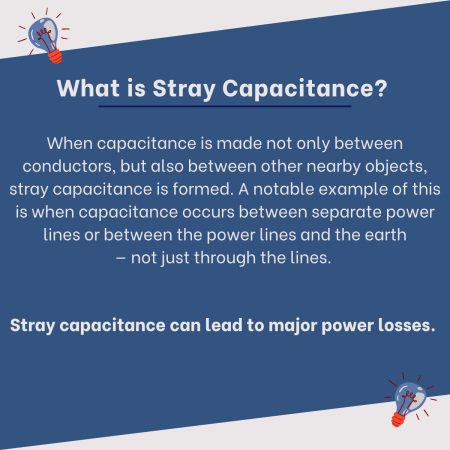Proterial » Capacitance and PCA-HPMS Components
All materials hold some form of capacitance—the ability to hold a charge and therefore slowly lose the charge.
When it comes to electrical circuits, capacitance occurs when an electrical conductor—like a cable—interacts with an electrical charge. The cable generates a closed circuit and the electrical charge creates a load in the cable. This means that capacitance is created between the conductors carrying current.
Capacitance is critical for electrical systems. It influences signal integrity, power efficiency, and overall performance.
The real-world implications of capacitance are far-reaching. High capacitance can mean lost energy, delayed signals and interference (especially in high frequency uses).
However, if you’re careful, capacitance can actually help performance. It can lead to smooth signal transmission and power efficiency.


The PCA-HPMS team knows how important it is to make sure capacitance is working with you rather than against you. Our engineers work hard to design components that balance capacitance to create optimal performance.
Capacitance is crucial for the precise functioning of devices like endoscopes and ultrasounds and PCA-HPMS can address these needs with our high-quality components delivering accuracy and reliability.
PCA-HPMS excels at creating custom solutions for our customers for their specific application. Whether adjusting capacitance for a specific signal or enhancing insulation to relax its effects, our R&D capabilities help us stay innovative and effective.
HPMS has an unparalleled range of standard wire and cable sizes, and our attention to detail and precision is evident throughout specialized cables, which includes impedance and capacitance-controlled options.
Some Capacitance controlled components:
If you are looking for cables designed with not only capacitance, but overall performance in mind, Contact PCA-HPMS today. Our expertise can ensure your systems run smoothly and efficiently.